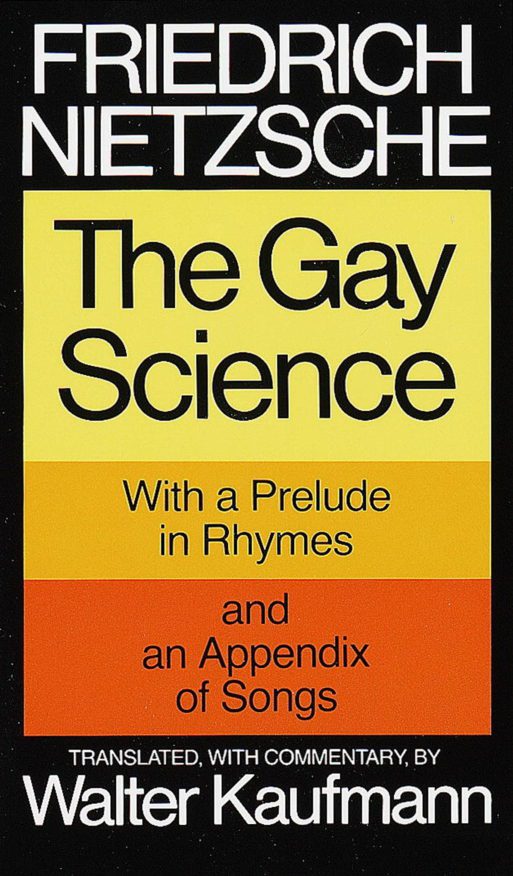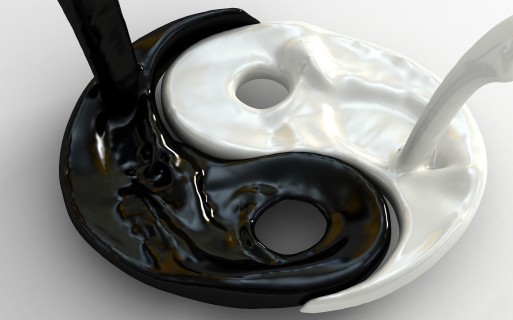

Often misunderstood, or misinterpreted by many, Friedrich Nietzsche, the controversial philosopher whose work is as fascinating to ponder today as it was obscure in the late 1800s when he wrote about death and God, or rather, the death-of-God prolifically, was a great contributor to the human understanding of life, death, God and our relationship to those concepts in tandem with happiness and misfortune.
In his book The Gay Science, Nietzsche writes something that may help us gain [the same] appreciation for misfortune that we have for our idea of happiness. While we would all prefer if given the choice, happiness over misfortune, misfortune is as inevitable a part of our lives as happiness and should be embraced as such.
“If you are unwilling to endure your own suffering even for an hour, and continually forestall all possible misfortune, if you regard as deserving of annihilation, any suffering and pain generally as evil, as detestable, and as blots on existence, well, you have then, besides your religion of compassion, yet another religion in your heart (and this is perhaps the mother of the former) — the religion of smug ease. Ah, how little you know of the happiness of man, you comfortable and good-natured ones! for happiness and misfortune are brother and sister, and twins, who grow tall together, or, as with you, remain small together!”
― Friedrich Nietzsche, The Gay Science: with a Prelude in Rhymes and an Appendix of Songs
In this passage, Nietzsche portrays a deep understanding and importance in embracing misfortune and inevitable suffering — such as occurs from the loss of a loved one, or terminal illness — as part of life. He even goes as far as saying that if we, as humans, don’t accept misfortune and happiness as part of the same whole, we are simply interrupting the natural process of spiritual growth necessary for a complete life and death.
The symbiotic relationship between death and life is not an obvious one. This relationship only presents itself, unfortunately, when humans come to face the inevitable last taboo: death. Whether it is loss of a loved one, living with a terminal illness, or being exposed to death first hand, life and death are yin-yang.
While we don’t always understand why people die young, endure a terminal illness, or experience a horrible — or peaceful– death, we mustn’t ignore the importance of embracing the end-of-life experience in the best way possible, just as we try to embrace life or happiness in the best way we can.
It is just as important to have a complete end-of-life experience as it is to have a complete life. This is something that, while alive, most of us do not contemplate and even suppress because of our natural fear of the unknown. Nevertheless, by embracing our end-of-life experience while alive, we not only fulfill our lives, but also prepare for our death, which we all have to face whether we’d like to acknowledge the fact or not.
Nietzsche himself lived a long life of solitude that allowed him to think, experience and write on many topics; among those was happiness and misfortune. Some may argue he even experienced more of an unfortunate life than a happy one, considering he was rejected in his proposal of marriage to the woman he loved, suffered migraines throughout his whole life and was infected with syphilis, which drove him mad. Nevertheless, he fostered a logical explanation for the necessity of both. This explanation can help us understand the balance in life and death, through the embracement of both happiness and misfortune, as natural part of our existence.
Related articles:

 “The Gay Science” by Friedrich Nietzsche
“The Gay Science” by Friedrich Nietzsche



 First the Wealth Gap, Now the U.S. Has a Growing Health Gap
First the Wealth Gap, Now the U.S. Has a Growing Health Gap
 How to Comfort A Dying Loved One
How to Comfort A Dying Loved One
 Our Annual Seven Holiday Gifts for Someone Who Is Grieving, 2024 Edition
Our Annual Seven Holiday Gifts for Someone Who Is Grieving, 2024 Edition














